To mark International Women's Day we look at Rome's museums and archaeological sites that are run by women.
Everybody knows that Rome is home to some of the world's greatest museums but not every one is aware that the management of the city's cultural heritage lies largely in the hands of women.
This is something to celebrate - and not just on Giornata Internazionale della Donna - as Italy strives to improve its gender equality record.
So who are the women in charge of Rome's museums?
When the Colosseum Archaeological Park was established in 2017, archaeologist Alfonsina Russo beat 77 other candidates to land the new role of managing the Colosseum, Roman Forum, Palatine Hill and Domus Aurea. Since she took up her post, Russo has spearheaded multiple restorations, dynamic cultural projects, digital innovations and opened up previously inaccessible areas of the Palatine Hill - leading a team of women archaeologists and restorers. Russo will soon leave her post at the Colosseum after recently being appointed as the head of the culture ministry's department for the Enhancement of Cultural Heritage (DiVa).
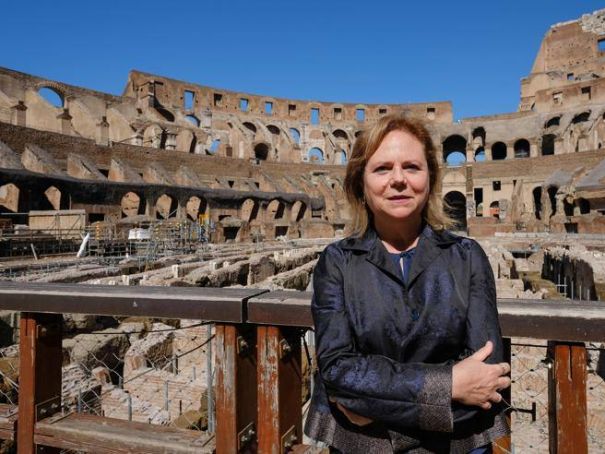
In 2016 Pope Francis appointed Babara Jatta as the first woman director of the Vatican Museums which includes the Sistine Chapel. A specialist in art history, Jatta has overseen multiple restoration projects, including the frescoes in the Raphael Rooms, and has organised a series of special events for the Vatican's current Jubilee Year. She has also raised the profile of one of the world's most prestigious museums and is the most prominent female administrator in the Vatican.
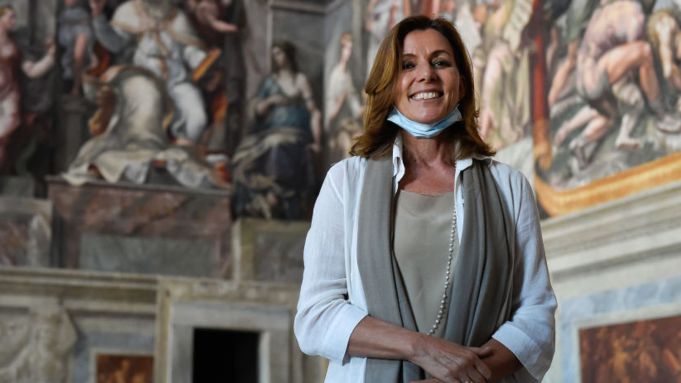
Galleria Borghese, home to a priceless collection of works by Bernini, Caravaggio and Raphael, is directed by professor of modern art history Francesca Cappelletti who took over in 2020 from the long-standing director Anna Coliva. Within her first few months Cappelletti acquired a Guido Reni painting for the Villa Borghese collection and since then has launched a series of new digital programmes and staged major exhibitions involving leading contemporary artists. Cappelletti is also one of the curators of the freshly opened Caravaggio blockbuster at Palazzo Barberini.
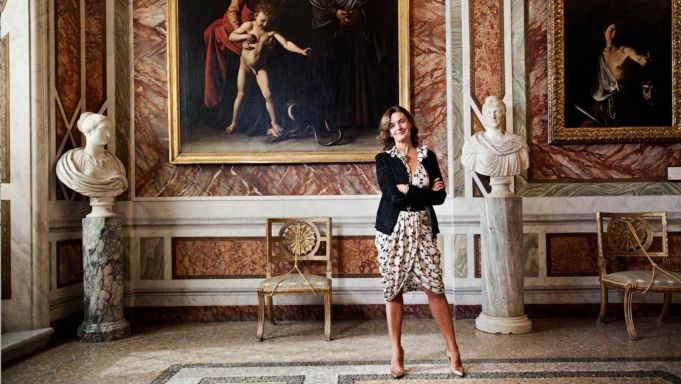
Edith Gabrielli is the first director of the newly-created autonomous museum in the capital which combines the Vittoriano and Palazzo Venezia. A scholar of art history and museology, Gabrielli has a long career within the ranks of Italy's culture ministry, becoming its youngest historic art director in 2010. She is currently overseeing a major restoration of the Vittoriano. Gabrielli was recently appointed as director of the Museo Nazionale Romano network of Rome museums which incorporates Palazzo Altemps, Crypta Balbi, the Baths of Diocletian and Palazzo Massimo alle Terme.
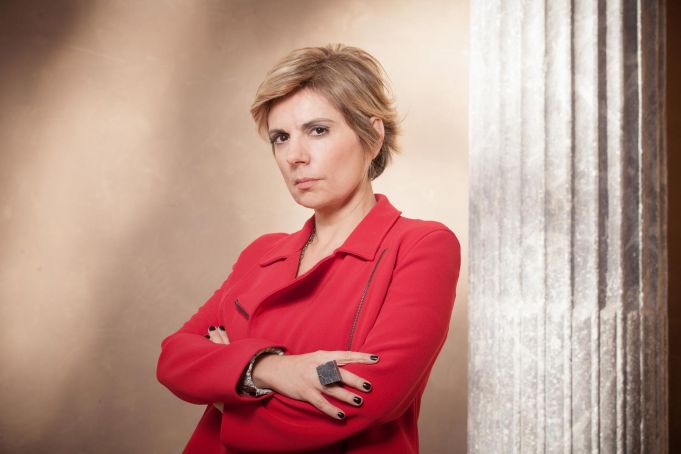
The Galleria Nazionale d’Arte Moderna e Contemporanea hosts Italy's national collection of modern art and is run by Renata Cristina Mazzantini who recently in 2023 replaced Cristiana Collu after eight years at the helm. An architect and curator, Mazzantini is known for curating the successful Quirinale Contemporaneo project since 2019 as well as numerous other cultural projects and exhibitions. Since her arrival at the national modern art gallery she has overseen two high-profile shows - dedicated to Tolkien and Futurism - and has reinstated the GNAM acronym dropped by her predecessor, adding "C" at the end to indicate contemporary art (GNAMC).
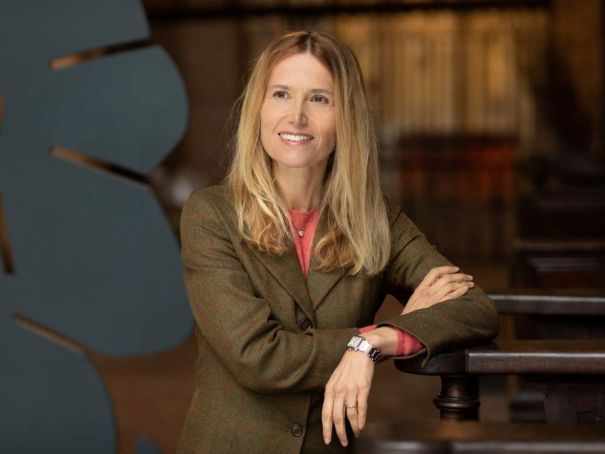
Art history professor Ilaria Miarelli Mariani was appointed director of Rome's civic museums in 2023. In her role she is responsible for managing a vast historical-artistic heritage, including the Capitoline Museums, Ara Pacis Museum, Trajan’s Markets, Centrale Montemartini and Palazzo Braschi. Working closely with the city's culture department, Mariani also has precious, smaller collections under her supervision including the Giovanni Barracco Museum of Ancient Sculpture, the Napoleonic Museum and the municipal Gallery of Modern Art. Mariani has published more than 100 essays and articles on art history, with a particular focus on the art sector in Rome between the 16th and 19th centuries.
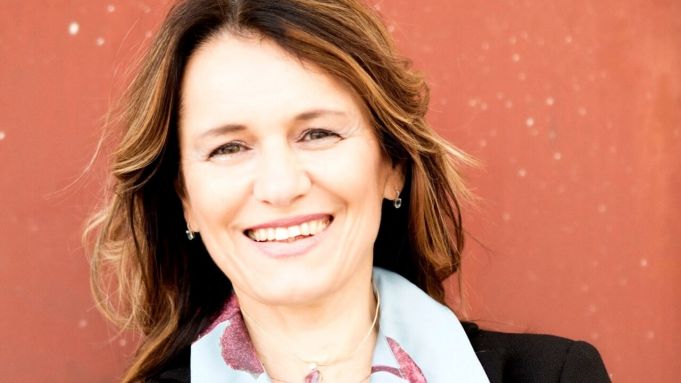
Chiostro del Bramante, an extraordinary example of High Renaissance architecture designed by Donato Bramante in 1500, is today a well-known art museum hosting major exhibitions. The Chiostro is run by three sisters: Laura, Giulia and Natalia de Marco, who have staged around 45 shows - ranging from Turner to Banksy to the current Flowers exhibition - since the building's restoration in 1996.
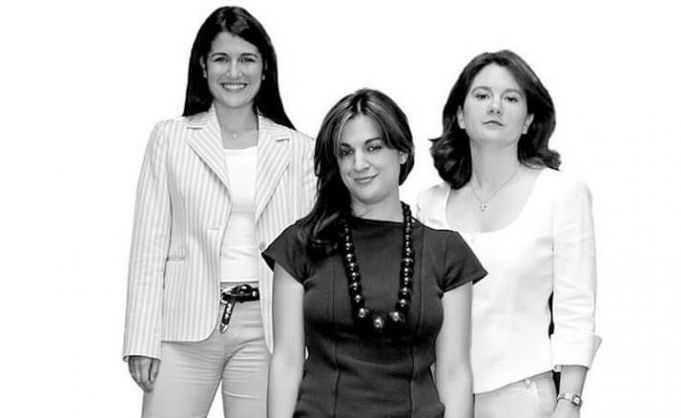
Women also play a leading role in the contemporary art world in Rome, running private art galleries such as Galleria Valentina Bonomo, Maja Arte Contemporanea and the Dorothy Circus Gallery.
To celebrate the 2025 edition of Giornata internazionale della donna, women will have free entry to state-run museums and archaeological sites across Italy on Saturday 8 March.
By Andy Devane
Originally published on 8 March 2021, updated on 8 March 2025. Cover photo La Repubblica.

















